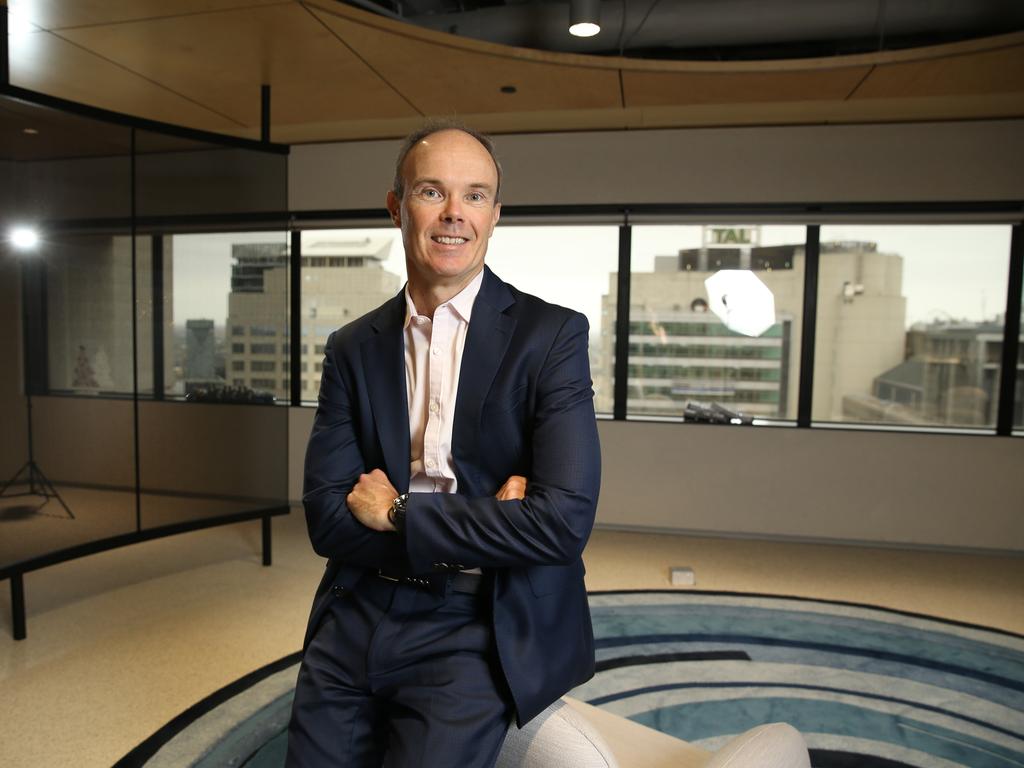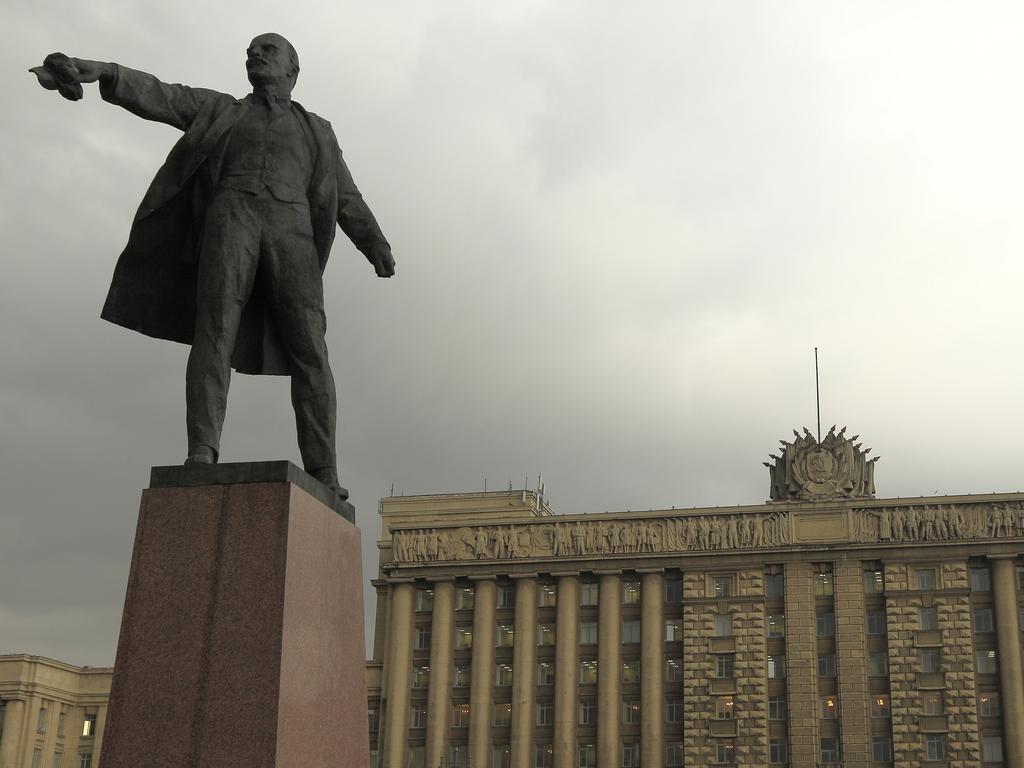ASIC investigating TBG coronavirus diagnostic kit share spike
The corporate watchdog is examining suspicious trading in TBG Diagnostics Limited after its shares jumped 800pc.

The corporate watchdog is examining suspicious trading in TBG Diagnostics Limited, which was suspended from trade by the Australian Securities Exchange, after its shares jumped 800 per cent amid huge trading volumes days before it gained regulatory approval for a coronavirus testing kit.
Shares in the $60m Melbourne-based TBG Diagnostics, which develops and manufactures medical testing kits and invests in a China-based sister firm, TBG Biotechnology in Xiamen City, jumped from 3c a share to 27c a share over March 16 and March 17.
That share price rally, which was driven by a huge increase in trading volumes, came ahead of a March 18 announcement by TBG executive chairman, serial entrepreneur and Sri Lankan expat Jitto Arulampalam, that TBG Xiamen had received “CE Mark” certification that meant its COVID-19 nucleic acid diagnostic kit met the health and safety requirements of European regulators.
Such accreditation meant TBG could sell its diagnostic kits throughout the European continent, which is grappling with the sprawling crisis of the coronavirus pandemic.
TBG did not halt trade on its shares until 11am on March 17, but according to a response to the market regulator’s queries, the company was given “informal notification” of the accreditation on March 14.
Shares in TBG Diagnostics have now been suspended under listing rule 17.3, which is employed if a company “breaks an ASX settlement operating rule”.
A spokesman for the Australian Securities and Investments Commission (ASIC) said the regulator was “aware” of the issue and was “making inquiries”.
According to a back-and-forth letters triggered by a “please explain” from the ASX, Mr Arulampalam told the securities exchange the company first became aware of the certification on Saturday, March 14, when one of TBG’s directors, the Taiwan-based Dr Stanley Chang, was “informally notified” by a TBG Xiamen staff member in China.
That same day, Dr Chang phoned TBG’s Australian based directors, including Mr Arulampalam and non-executive director Emily Lee, to alert them to the news.
Mr Arulampalam said because this was “only” informal notification, they “did not consider that they had all information and materials necessarily required in order to confirm this matter and release an announcement to market” and followed up with TBH Xiamen to see copies of the certification.
Formal documents were then supplied to Dr Chang on the evening of Monday, March 16, which he forwarded to the Australian directors just after midnight, in the early hours of Tuesday March 17.
That morning, as the business day started, TBG’s Australian directors began preparing to alert the ASX to the news it had gained accreditation.
Mr Arulampalam said TBG directors “understood and reasonably believed that the relevant information remained confidential between the period of 14 March … and the morning of 17 March”.
He said the company was in compliance with listing rule 3.1, which requires continuous disclosure of all material information.
Following that response, the ASX suspended TBG “until further notice”.
Amid the coronavirus crisis, ASIC has vowed to take a hard-line stance enforcing market integrity rules and insider trading laws, as big investment banks pull the trigger on splitting their workforce into off-site “war rooms” to keep the financial system open during the coronavirus crisis.
ASIC has been making calls to some of the country’s most important financial institutions, including the big four banks and global markets specialists, to ensure the secondary offices are compliant with the Australian Securities Exchange operating rules that require rigorous documentation and recording of trading information.
Preparations for coronavirus disruption by local financial firms appears far more advanced than in the US, where their Securities Industry and Financial Markets Association has raised concerns with regulators that some Wall Street companies might not be able to comply with phone recording, trading supervision or data collection rules if their workforce is moved off-site or permitted to work from home.






To join the conversation, please log in. Don't have an account? Register
Join the conversation, you are commenting as Logout